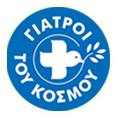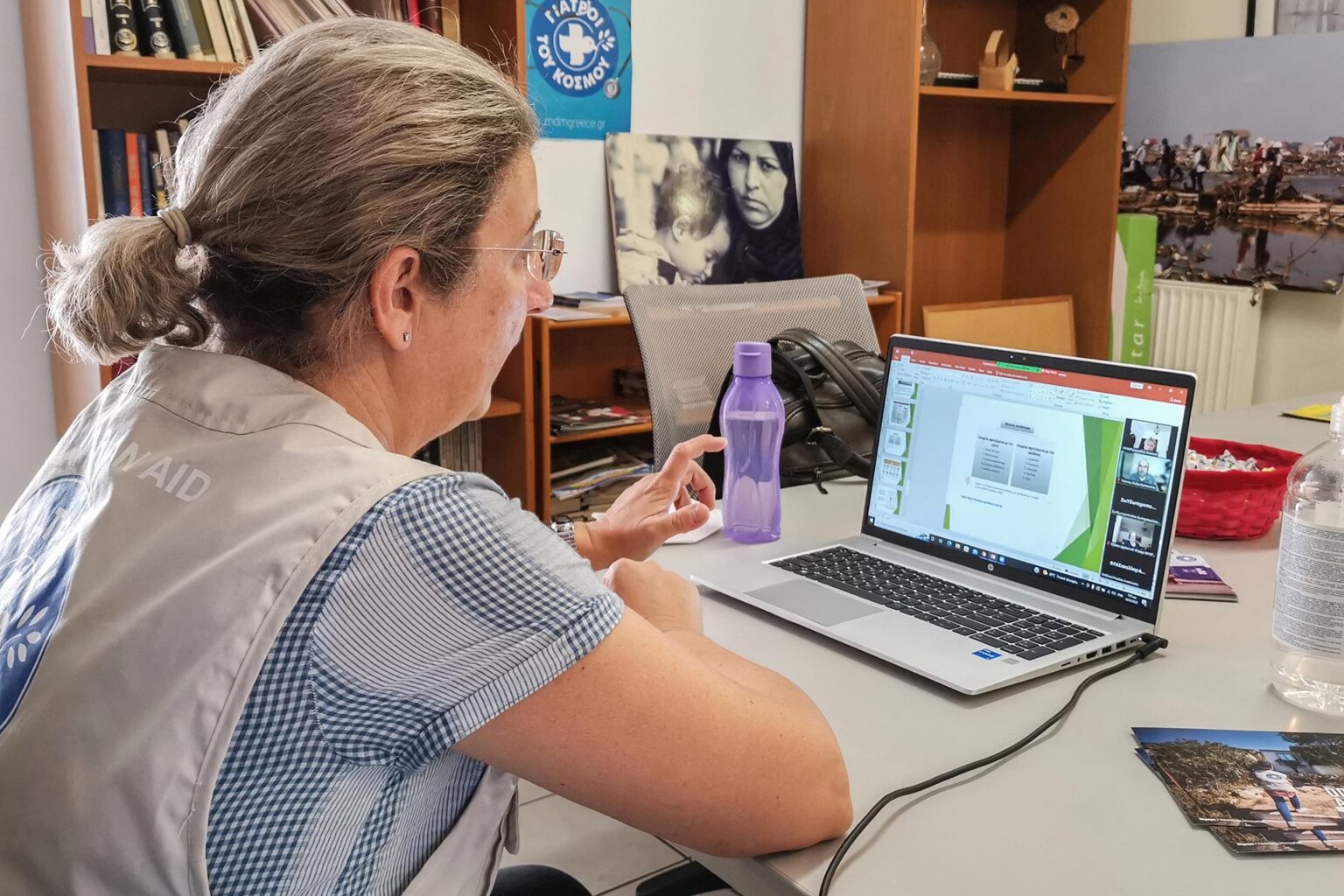Active Ageing is the optimisation of the conditions for good physical, mental and social health, aiming at the active participation of older people in society, ensuring a high standard of living during the normal course of ageing.
Through active ageing people realise their potential for physical, social and mental well-being throughout their lives and are thus encouraged to participate actively in society through support and encouragement to optimise quality of life.
According to the World Health Organization, this can be achieved in the following ways:
- By maintaining independence and preventing disability
- By reversing loss of functional capacity through rehabilitation
- By ensuring quality of life when losses are irreversible
MdM continues the program of the Online Companionship for the Elderly, a pioneering program for Greek standards, which aims to reduce as much as possible the feeling of loneliness experienced by a large number of the elderly part of the Greek population, and to stand by their side with specialized scientific knowledge, information, psychological support and empowerment, through frequent meetings with a doctor and a psychologist.
In this framework of health prevention, muscle strengthening and optimization of mental mood, a tele-exercise program for elderly people has been integrated in collaboration with the University of Athens, Department of Physiology and Exercise in Medicine Greece.
What are the benefits of exercise in senior citizens and how it contributes to active ageing and more specifically to the beneficiaries of the Online Companionship, who each face their own health issues?
Exercise in the elderly helps to maintain not only the mobility functions of the person in the best possible condition, but also the vision, hearing and perception of the performance of each exercise indicated.
- It improves cardiovascular health and strengthens the respiratory system.
- It improves the musculoskeletal system, increasing muscle mass, slowing down sarcopenia, contributes to joint flexibility, relieving and preventing joint pain and bone strength.
- People who exercise experience improved mood and less stress. The risk of depression is removed and there is emotional rejuvenation.
- Exercise is empowering, helps older people to have a sense of body awareness and improve posture and balance, making them less prone to falls and therefore reducing the risk of injury and hospitalisation.
- Due to the group nature of tele-exercise, it promotes the development of interpersonal relationships, which are necessary in order to feel happy.
Overall and with the aim of health prevention and active ageing, MdM, through this program, actively contributes to the optimization of the physical and mental health of the elderly.

The implementation of the project is funded by the Hellenic Initiative Canada

